MercoPress. South Atlantic News Agency
Stories for August 2021
-
Tuesday, August 17th 2021 - 11:15 UTC
Uruguay central bank raises “price of money” reference from 4,5% to 5%
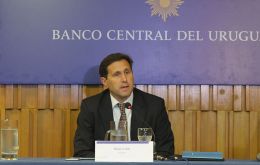
The Uruguayan central bank following the meeting of its Copom, Monetary Policy Committee, decided last week to raise the basic monetary policy rate from 4,5% to 5%, in line with what has been happening in other central banks in the region.
-
Tuesday, August 17th 2021 - 11:14 UTC
No more quarantine for all of Chile starting Wednesday
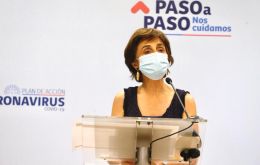
Chilean health authorities have announced that no commune in the entire country will be under quarantine as of next Wednesday, as a part of the step-by-set program towards normalization.
-
Tuesday, August 17th 2021 - 11:07 UTC
Aeroméxico announces strategic improvements in South American services
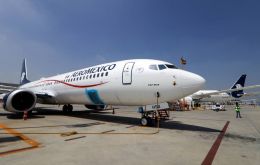
Aeroméxico has announced a new seasonal route between Cancún and São Paulo in addition to their new services to Madrid from Guadalajara and Monterrey.
-
Tuesday, August 17th 2021 - 11:04 UTC
Bolivia no longer needs Sputnik V and AstraZeneca COVID-19 vaccines
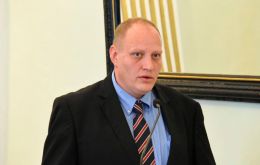
Bolivian authorities Monday announced that with the last purchase of COVID-19 Sinopharm vaccines, the country was fully supplied with immunizers and would no longer need to import any more doses of Sputnik V and AstraZeneca despite contracts already signed.
-
Tuesday, August 17th 2021 - 09:29 UTC
Argentine fishing industry presents its objections to the Protected Marine Area, Blue Hole
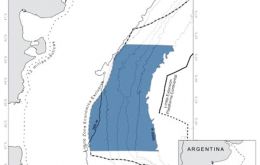
The bill creating the Protected Marine Area, Blue Hole, in the South Atlantic and currently under consideration in the Argentine congress has received strong criticism from the Argentine fishing sector, united under the umbrella of Intercamaras.
-
Tuesday, August 17th 2021 - 09:21 UTC
Paraguayan Police takes action to clear roads besieged by striking truckers
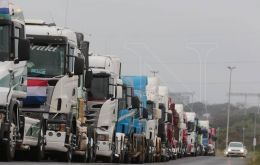
Paraguay's National Police Monday took action to clear the roads which were being blocked by striking lorries in Guairá and Alto Paraná, it was reported.
-
Tuesday, August 17th 2021 - 09:04 UTC
Polls and proposed prime minister bloat disapproval for Peruvian president
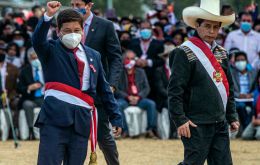
No rest for Peruvian president Pedro Castillo, not only opinion polls show that he is the newly inaugurated president with the lowest approval and highest disapproval since 1980, but his candidate for prime minister is again in trouble this time for alleged money laundering and illegal financing of his political campaign as a member of congress.
-
Tuesday, August 17th 2021 - 08:26 UTC
Germany to sell its Lufthansa shares acquired during the pandemic
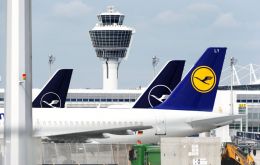
The German Finance Agency has announced that in the coming weeks it will proceed to the sale of the state's 20% stake in the flag carrier Lufthansa, which it acquired in the midst of the pandemic to help impede the collapse of the company.
-
Tuesday, August 17th 2021 - 07:10 UTC
Uruguay and Armenia to open reciprocal embassies
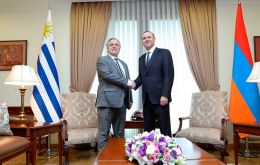
Uruguay and Armenia will up their diplomatic relations by opening up reciprocal embassies in Montevideo and Erevan, it was announced Monday.
-
Monday, August 16th 2021 - 19:48 UTC
How a secret meeting in August 1971 transformed the global economy
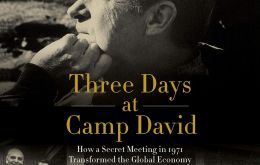
By Atish Rex Ghosh (*) - History is a confluence of underlying forces and specific triggering events. Think of the start of World War I: economic, imperial, and nationalistic tensions that had simmered for years exploded into open conflict when Archduke Franz Ferdinand’s motorcade took a wrong turn, putting him in the path of an assassin’s bullet.
